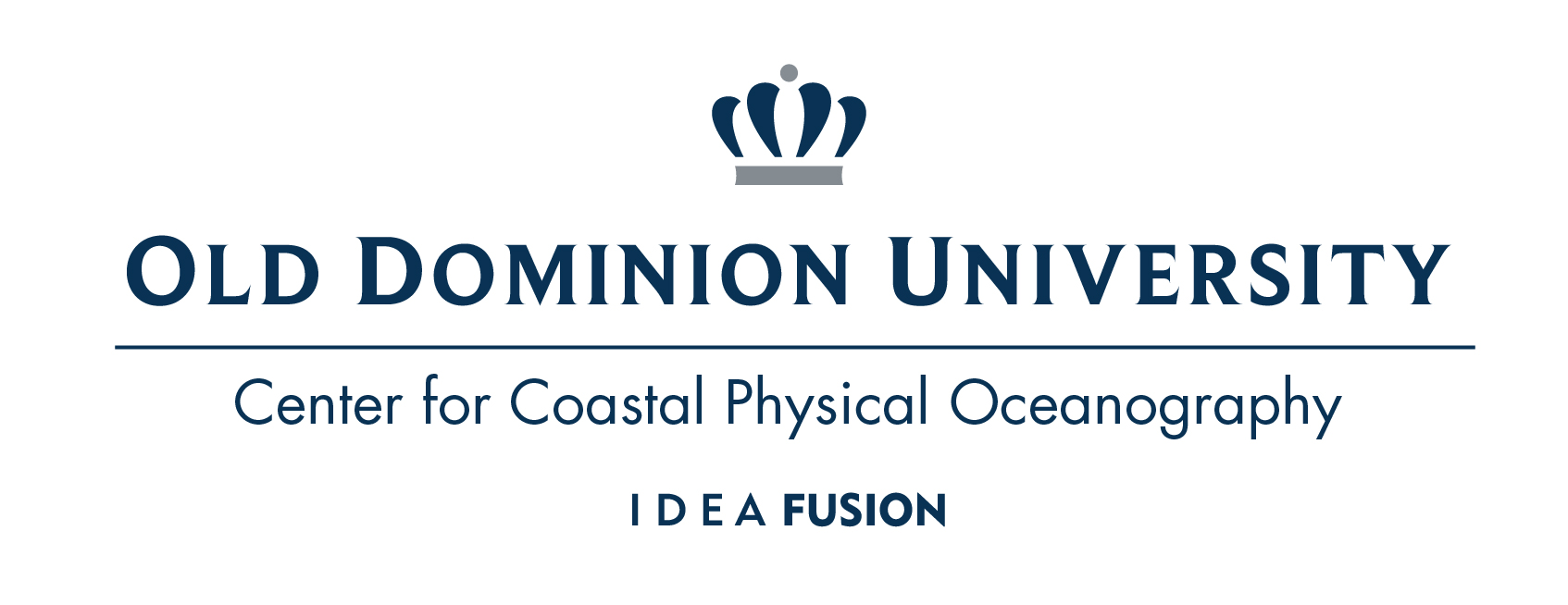

In coupled land-ocean environments, significant amounts of
dissolved and particulate material can be mobilized across the landscape
during major rain events and transported to a network of ground water,
streams, rivers, and estuaries within the coastal aquatic system.
Depending on the quantity and makeup, this increased flux of material
may have a major, often negative, impact on the aquatic environment such
as nutrient-increased productivity, changes in phytoplankton community
structure, local hypoxia, and decreased light availability in the water
column that affects submerged aquatic vegetation productivity. I will
present an overview of our effort to examine material transport within
the watersheds and coastal waters of the Albemarle-Pamlico Estuarine
System, NC using an integrated approach using field measurements, remote
sensing and numerical transport models. I will also discuss the context
of this work in climate change research related to limited technologies
available for investigating dynamic coastal systems.
Dr. Richard Miller is a Professor of Geological Sciences and Senior Research Scientist in the Institute of Coastal Science and Policy at East Carolina University. He received a B.S. in Zoology from Duke University, a M.S. in Marine Science and a Master's in Applied Statistics at Louisiana State University and a Ph.D. from North Carolina State University. He then held a National Research Council post-doctoral position with the USGS Water Resources Division before working 21 years for NASA as an Oceanographer, Office Chief, and Chief Scientist at the Stennis Space Center, MS. Dr. Miller's major research focus is centered on the role that rivers, estuaries and coastal margins play in global biogeochemical cycles. Current research activities are focused on the mobilization, transport, transformations and fate of terrestrially derived material in coastal waters and how these processes might change under different global climate change scenarios. Dr. Miller is also active in developing innovative field and remote sensing technologies that support coastal research.

|
CCPO Innovation Research Park Building I 4111 Monarch Way, 3rd Floor Old Dominion University Norfolk, VA 23508 757-683-4940 |

|